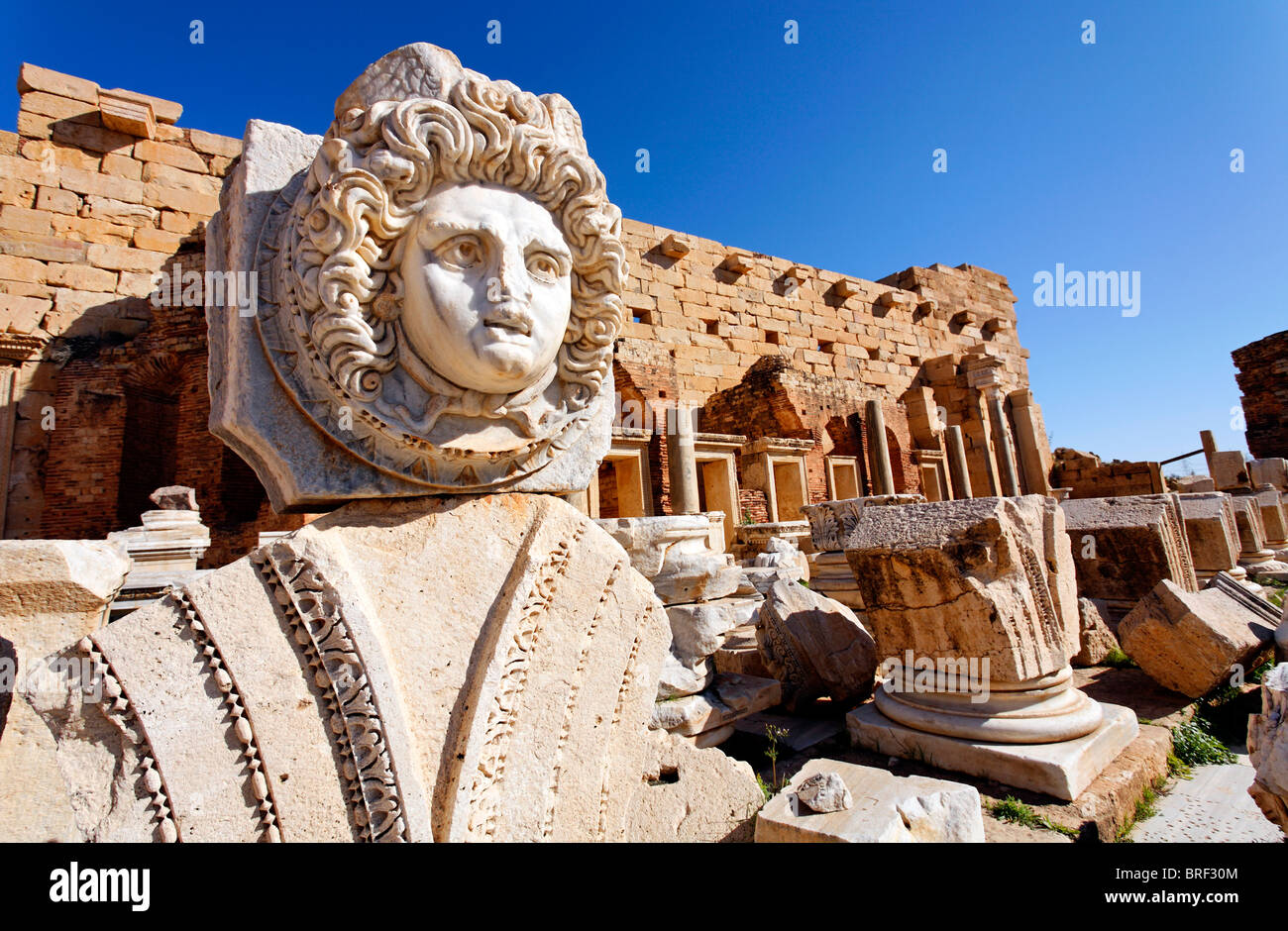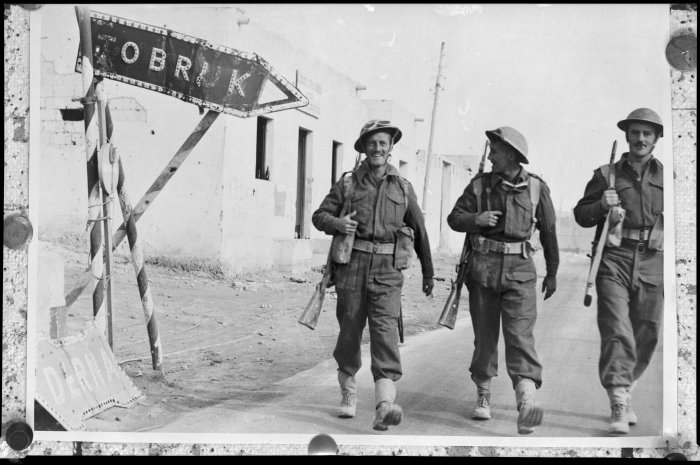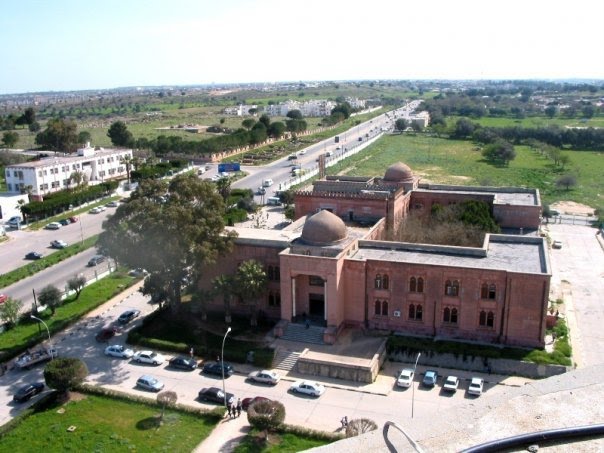If you want peace in Libya, shun partition and embrace power-sharing (Middle East Eye)
http://www.middleeasteye.net/column...artition-and-embrace-power-sharing-1378520098
This week, his name came to be associated with a plan to partition Libya into the three Ottoman provinces of Tripolitania, Cyrenaica and Fezzan, as the Guardian reported. Gorka’s plan, the British newspaper wrote, was drawn on a napkin in front of a bewildered European diplomat.
This rudimentary partition plan could be part of the casual approach to policy-making of many members of the Trump administration and, as such, it should not be overemphasised.
Even though Gorka may be vying for the job of US special envoy to Libya, other names are circulating too and the former Breitbart editor may fall victim to the growing marginalisation of those who came to the White House under the umbrella of Steve Bannon, Trump’s chief ideologue, now demoted from the National Security Council.
Yet, Gorka’s plan raises two issues which are worth discussing. First, in looking at the policies of external actors on Libya, one has to look at the relationship between pursuing Libya’s territorial integrity and pursuing de-escalation. Partition is sometimes presented as the only solution capable of avoiding further conflict, but in Libya’s case it could be just the trigger for a much worse conflict.
The second issue that emerges from this story is that the direction of American policy on Libya is still unclear, three months into the Trump administration.
Attractive talk, terrible idea
The idea that the solution to Libya’s problems is to get back to three Ottoman provinces of Tripolitania, Cyrenaica and Fezzan surfaces every now and then, mostly with analysts and politicians (often from the former colonial power) who have a superficial knowledge of the country.
Analyst Geoff Porter explained why this is a bad idea, but suffice to say that partition has been tried next door in Sudan and has not achieved peace but rather the opposite of that.

Most importantly, the boundaries of Libya’s three regions are also unclear, particularly those between Tripolitania in the West and Cyrenaica in the East. In most cases, Libyans would draw this border somewhere east of Sirte, in the middle of the so-called Oil Crescent, the region where most of Libya’s oil exports transit and which has been the object of several military offensives in recent weeks.
To put it simply, going for partition would mean igniting a conflict over the border between two of the three new states in a region that has already seen fighting over the control of key natural resources, Libya’s only wealth as things stand. Talk of partition can be very attractive for mercenaries and arms dealers, but should be shunned by peacemakers.
Instead of taking decisions on Libya’s territorial integrity on behalf of the Libyans, internationals should support Libyan-led initiatives that grapple with core drivers of the conflict, including the fair distribution of resources. If the US, Europe and Libya’s neighbours want to help stabilise Libya, they should support Libyans who are discussing how to share the country’s wealth, not how to fight over it.
Share the wealth
For some time, former stabilisation minister and World Bank country director Ahmed Jehani, young Libyan economists and analysts like Hammam Alfasi, Abdul Rahman Al Ageli and Hala Bugaigis have been putting forward plans for a Libyan Economic Agreement (LEA) to make the stalled Libyan Political Agreement (LPA) workable.
The LEA would establish fundamental principles focusing on equal access to resources by all citizens in order to promote rights and overcome the rentier state established by Gaddafi. The LEA would essentially safeguard the unity of key sovereign institutions like the National Oil Company and Central Bank by widely devolving political and economic power locally.
Alongside distribution of the wealth, many Libyans have grappled with the issue of how to devolve power from the centre to the periphery, through either decentralisation focused on city councils or federalism based on regions.
The second idea is at the heart of the federalist movement very active in Cyrenaica and with some elected members in the House of Representatives in Tobruk. The most detailed plan in English is still Karim Mezran and Mohammed Eljarh’s “Case for a New Federalism in Libya”.
Cyrenaican federalists are one of the key constituencies backing General Khalifa Haftar, but it is still unclear how their goal of increased autonomy for the eastern region fits with Haftar's plans to control the whole country.
Decentralisation at the municipal level has had better political fortunes. Libya’s revolution in 2011 was, among other things, a “municipal revolution” with city-based military councils and community-based armed groups leading the fight against Gaddafi under the loose umbrella of the National Transitional Council.
Similarly, after Gaddafi’s fall, governments in Tripoli have been always weak. Some, like the current Presidency Council headed by Fayez Seraj, were weaker than others.
Partition risks encouraging the appetite of warlords and external powers while decentralisation of power could acknowledge that statehood and citizenship in Libya have to be built bottom-up, without infringing on the need to have central institutions, instead building them on more solid social and political foundations.
it is worth hoping that US policy-makers will deal with the issue of “how many Libyas” by focusing on what can really favour de-escalation and reconciliation rather than relying on ill-informed plans.
http://www.middleeasteye.net/column...artition-and-embrace-power-sharing-1378520098
This week, his name came to be associated with a plan to partition Libya into the three Ottoman provinces of Tripolitania, Cyrenaica and Fezzan, as the Guardian reported. Gorka’s plan, the British newspaper wrote, was drawn on a napkin in front of a bewildered European diplomat.
This rudimentary partition plan could be part of the casual approach to policy-making of many members of the Trump administration and, as such, it should not be overemphasised.
Even though Gorka may be vying for the job of US special envoy to Libya, other names are circulating too and the former Breitbart editor may fall victim to the growing marginalisation of those who came to the White House under the umbrella of Steve Bannon, Trump’s chief ideologue, now demoted from the National Security Council.
Yet, Gorka’s plan raises two issues which are worth discussing. First, in looking at the policies of external actors on Libya, one has to look at the relationship between pursuing Libya’s territorial integrity and pursuing de-escalation. Partition is sometimes presented as the only solution capable of avoiding further conflict, but in Libya’s case it could be just the trigger for a much worse conflict.
The second issue that emerges from this story is that the direction of American policy on Libya is still unclear, three months into the Trump administration.
Attractive talk, terrible idea
The idea that the solution to Libya’s problems is to get back to three Ottoman provinces of Tripolitania, Cyrenaica and Fezzan surfaces every now and then, mostly with analysts and politicians (often from the former colonial power) who have a superficial knowledge of the country.
Analyst Geoff Porter explained why this is a bad idea, but suffice to say that partition has been tried next door in Sudan and has not achieved peace but rather the opposite of that.

Most importantly, the boundaries of Libya’s three regions are also unclear, particularly those between Tripolitania in the West and Cyrenaica in the East. In most cases, Libyans would draw this border somewhere east of Sirte, in the middle of the so-called Oil Crescent, the region where most of Libya’s oil exports transit and which has been the object of several military offensives in recent weeks.
To put it simply, going for partition would mean igniting a conflict over the border between two of the three new states in a region that has already seen fighting over the control of key natural resources, Libya’s only wealth as things stand. Talk of partition can be very attractive for mercenaries and arms dealers, but should be shunned by peacemakers.
Instead of taking decisions on Libya’s territorial integrity on behalf of the Libyans, internationals should support Libyan-led initiatives that grapple with core drivers of the conflict, including the fair distribution of resources. If the US, Europe and Libya’s neighbours want to help stabilise Libya, they should support Libyans who are discussing how to share the country’s wealth, not how to fight over it.
Share the wealth
For some time, former stabilisation minister and World Bank country director Ahmed Jehani, young Libyan economists and analysts like Hammam Alfasi, Abdul Rahman Al Ageli and Hala Bugaigis have been putting forward plans for a Libyan Economic Agreement (LEA) to make the stalled Libyan Political Agreement (LPA) workable.
The LEA would establish fundamental principles focusing on equal access to resources by all citizens in order to promote rights and overcome the rentier state established by Gaddafi. The LEA would essentially safeguard the unity of key sovereign institutions like the National Oil Company and Central Bank by widely devolving political and economic power locally.
Alongside distribution of the wealth, many Libyans have grappled with the issue of how to devolve power from the centre to the periphery, through either decentralisation focused on city councils or federalism based on regions.
The second idea is at the heart of the federalist movement very active in Cyrenaica and with some elected members in the House of Representatives in Tobruk. The most detailed plan in English is still Karim Mezran and Mohammed Eljarh’s “Case for a New Federalism in Libya”.
Cyrenaican federalists are one of the key constituencies backing General Khalifa Haftar, but it is still unclear how their goal of increased autonomy for the eastern region fits with Haftar's plans to control the whole country.
Decentralisation at the municipal level has had better political fortunes. Libya’s revolution in 2011 was, among other things, a “municipal revolution” with city-based military councils and community-based armed groups leading the fight against Gaddafi under the loose umbrella of the National Transitional Council.
Similarly, after Gaddafi’s fall, governments in Tripoli have been always weak. Some, like the current Presidency Council headed by Fayez Seraj, were weaker than others.
Partition risks encouraging the appetite of warlords and external powers while decentralisation of power could acknowledge that statehood and citizenship in Libya have to be built bottom-up, without infringing on the need to have central institutions, instead building them on more solid social and political foundations.
it is worth hoping that US policy-makers will deal with the issue of “how many Libyas” by focusing on what can really favour de-escalation and reconciliation rather than relying on ill-informed plans.









